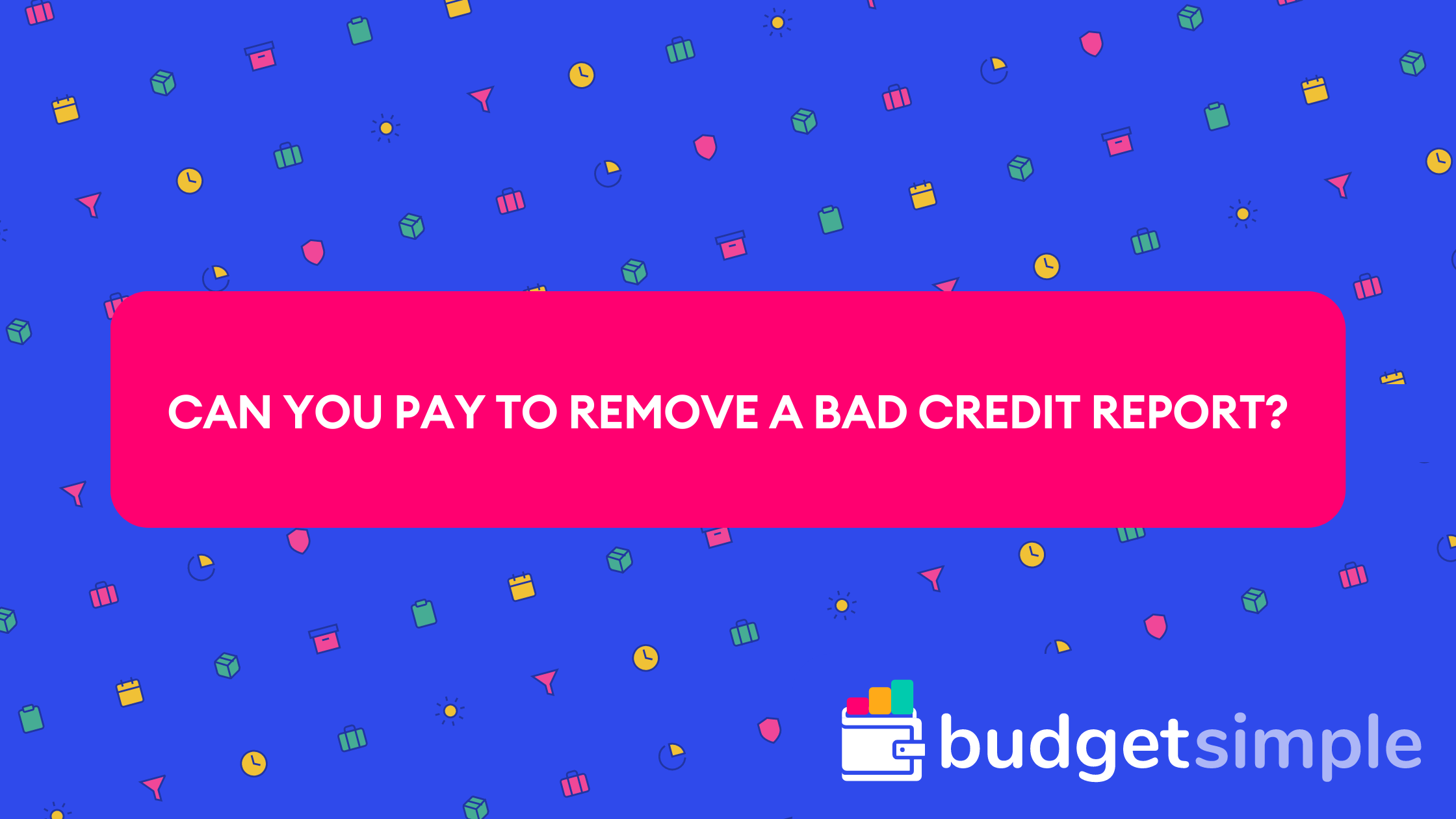TL;DR:
- Check your credit report for errors
- Pay off outstanding debts
- Keep credit card balances low
- Don’t close old credit accounts
- Dispute credit report errors
- Try to negotiate payment plans
- Limit new credit applications
- Keep an eye on your credit score
- Consider professional credit counseling
- Be patient
Your credit score is a three-digit number that represents your creditworthiness. A good credit score can open doors to better financial opportunities, such as lower interest rates on loans and credit cards. However, if you have poor credit, it can be difficult to qualify for these benefits. The good news is that with a little bit of effort, you can improve your credit score. Here are 10 quick tips for repairing your credit:
- Check your credit report for errors. You are entitled to a free credit report from each of the three major credit reporting agencies every year. Review your credit report for errors and inaccuracies, and dispute any mistakes you find.
- Pay off outstanding debts. High levels of outstanding debt can have a negative impact on your credit score. Focus on paying off high-interest debts first, such as credit card balances.
- Keep credit card balances low. High credit card balances can also hurt your credit score. Try to keep your credit card balances below 30% of your credit limit.
- Don’t close old credit accounts. Closing old credit accounts can shorten your credit history and hurt your credit score. Keep old credit accounts open, even if you don’t use them.
- Dispute credit report errors. If you find errors on your credit report, you can dispute them with the credit reporting agency. The credit reporting agency will investigate the dispute and make any necessary corrections.
- Try to negotiate payment plans. If you are having trouble making payments on outstanding debts, try to negotiate a payment plan with your creditors. They may be willing to work with you to come up with a plan that is affordable for you.
- Limit new credit applications. Each time you apply for credit, it can result in a hard inquiry on your credit report, which can hurt your credit score. Limit the number of new credit applications you make.
- Keep an eye on your credit score. Keep track of your credit score regularly to see how your credit is improving. You can get a free credit score from a variety of online sources.
- Consider professional credit counseling. Professional credit counseling can help you create a plan to repair your credit and provide guidance on managing debt.
- Be patient. Credit repair takes time, effort, and patience. It’s important to be consistent and persistent in your efforts to improve your credit score.
Pro Tips:
- Prioritize paying off high-interest debts first
- Make sure to pay your bills on time every month
- Use a credit monitoring service to track progress
- Try to pay more than the minimum payment on credit card balances
Frequently Asked Questions:
Q: How long does it take to repair credit? A: The time it takes to repair credit can vary depending on the individual and the severity of the credit issues. However, with consistent effort and a solid plan, credit can be repaired within a year.
Q: What is the first step to repairing credit? A: The first step in repairing credit is to check your credit report for errors and dispute any inaccuracies.
Q: Can professional credit counseling help? A: Yes, professional credit counseling can be helpful in creating a plan to repair credit and providing guidance on managing debt.
Q: Is it a good idea to close old credit accounts? A: No, closing old credit accounts can actually hurt credit scores as it lowers the overall credit history.
Q: Can paying off outstanding debts improve credit scores? A: Yes, paying off outstanding debts can improve credit scores as it shows a history of responsible credit management.
Credit repair is a process that takes time, effort, and patience. By following the tips outlined above, you can improve your credit score and regain financial stability. Remember to check your credit report regularly, pay off outstanding debts, and limit new credit applications. With consistency and determination, you can repair your credit and achieve your financial goals.



